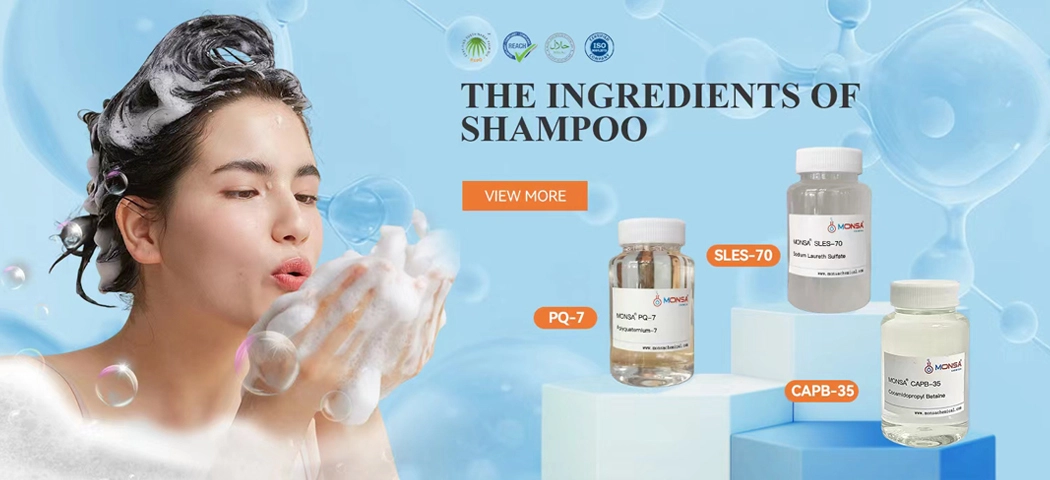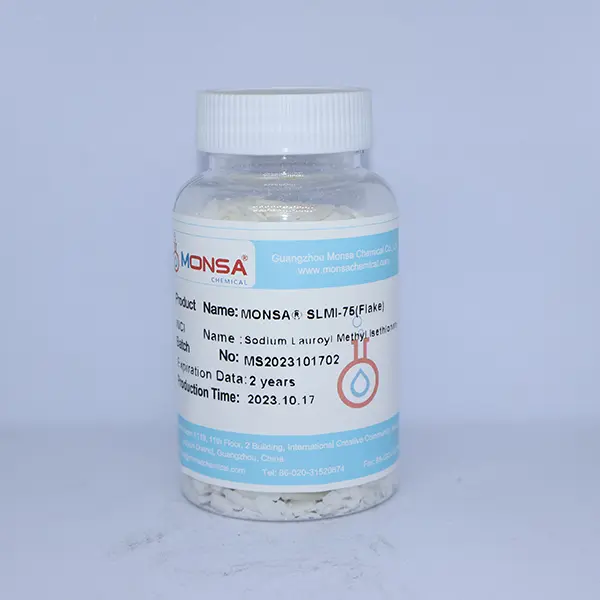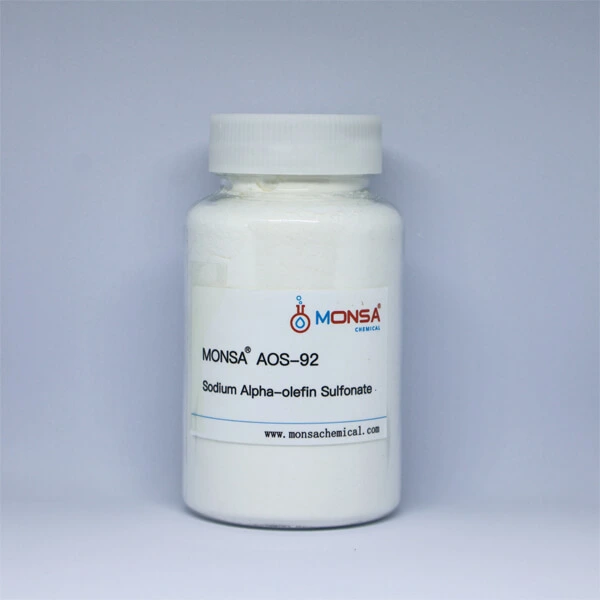Monsa supplies SLES that is made from coconut and palm kernel oil that is certified by RSPO organization. You may hear of the RSPO, but you do not know it precisely. You can see the video and get more clear about it.
Introduction to RSPO Organization
The Roundtable of Sustainable Palm Oil (RSPO) is a multi-stakeholder non-profit association whose mission is to promote sustainable use of palm oil and sustainable development of industries through collaboration. Its membership consists of various organizations in the supply chain, including growers, processors, food and consumer goods manufacturers, retailers, environmental and social welfare nonprofit organizations, and others. The Executive Committee of the RSPO is made up of representatives of member organisations including the Palm Oil Association of Malaysia and Indonesia, Unilever, Cadbury Schweppes, WWF and The Body Shop.
RSPO Goals and Vision
The goal of the RSPO is to promote the growth and use of sustainable palm oil by communicating with stakeholders and enhancing collaboration within the supply chain. The details include:
1) Study and develop standards for sustainable palm oil production to enhance the use of sustainable palm oil;
2) Conducting projects to promote good practices in sustainable palm oil;
3) Formulate good cases on plantation construction, management system establishment, procurement, trade and logistics management through practice and audit.
4) Obtaining support from private and public funds to finance projects under the special programme of the RSPO;
5) Communicate the importance of resource conservation to all stakeholders and the public.
Through the above work, RSPO ultimately hopes to achieve:
1) Promote the production, procurement, financing and use of sustainable palm oil products.
2) Establish and implement global standards for credible sustainable palm oil throughout the supply chain.
3) Monitoring and assessing economic, environmental and social impacts through the implementation of sustainable palm oil standards.
4) Provide quality assurance to all stakeholders involved in the supply chain, including government and consumers.
Introduction to Sustainable Palm Oil Certification
RSPO Authentication Categories
The main purpose of RSPO certification is to maintain the sustainability of palm (oil palm) cultivation, processing and trade, and to gradually establish the sustainable development of palm oil products. The RSPO has published a set of Guidelines and Indicators for Sustainable Palm Oil Production and the Palm Oil Supply Chain Standards. These social, economic and environmental based guidelines and standards include:
1) Maintain or improve soil fertility and minimize soil erosion through soil treatment;
2) Ensure the quality of surface water and groundwater;
3) Use of integrated pest management (IPM) to protect crops from weeds, pests and diseases;
4) Pesticides are used without harming human health or damaging the environment.

In accordance with the stated objectives, RSPO certification is divided into:
Plantation Certification (RSPO P&C)
Plantation certification is carried out for palm oil growers and oil presses by a certification body approved by the RSPO. The criteria used for this certification are Guidelines and Indicators for Sustainable Palm Oil Production (RSPO P&C). In addition, the RSPO develops National Standards for Interpretation of Sustainable Palm Oil Production Guidelines and Indicators (RSPO P&C NI) suitable for target countries. When applicable, RSPO P&C NI shall be used for certification audit.
The Guidelines and Indicators for Sustainable Palm Oil Production are divided into eight core principles:
1) Principle 1: Commitment to transparency (establish management systems);
2) Principle 2: Comply with applicable laws and regulations;
3) Principle 3: Medium and long-term development planning of the enterprise:
4) Principle 4: Best Practices for Growers and oil Presses:
5) Principle 5: Environmental responsibility and protection of natural resources and biodiversity;
6) Principle 6: Responsibilities and obligations to employees of plantations and oil presses;
7) Principle 7: Reclamation of new plantations;
8) Principle 8: Continuous improvement of key activities.

Supply Chain Certification (RSPO SCCS)
Supply chain certification refers to the whole process of palm fruit from processing, transportation, circulation to the final consumer after harvest. It is implemented by the certification body approved by the RSPO organization. Because palm oil forms a Chain from the fruit of the original plantation to the product and then to the final consumer, it is called Supply chain Certification. The certification Standard is the RSPO Supply Chain Certification Standard.
Supply chain standards mainly focus on the following aspects:
1) General requirements for supply chain management;
2) Supply chain model;
3) Program files;
4) Procurement and warehousing of goods;
5) Management of the outsourcing party;
6) Sale and delivery of goods;
7) Sales certificate management;
8) Training management;
9) Record management;
10) Product conversion rate;
11) Label use and certification statement
12) Apply for complaint management.
Validity Period of RSPO Authentication
Both the RSPO Plantation certification and the supply chain certification are valid for 5 years, and if the customer wishes to continue to maintain the RSPO certification qualification, a full recertification process is required before the end of one certification cycle (5 years). After the certification can continue to maintain the qualification. During the five year certification cycle, an annual audit is required to maintain the certification qualification.














